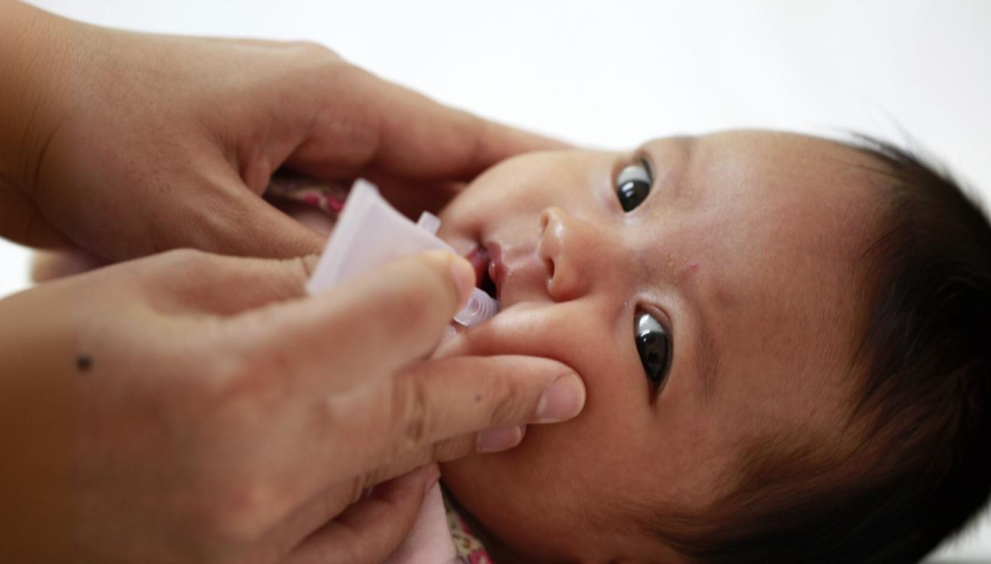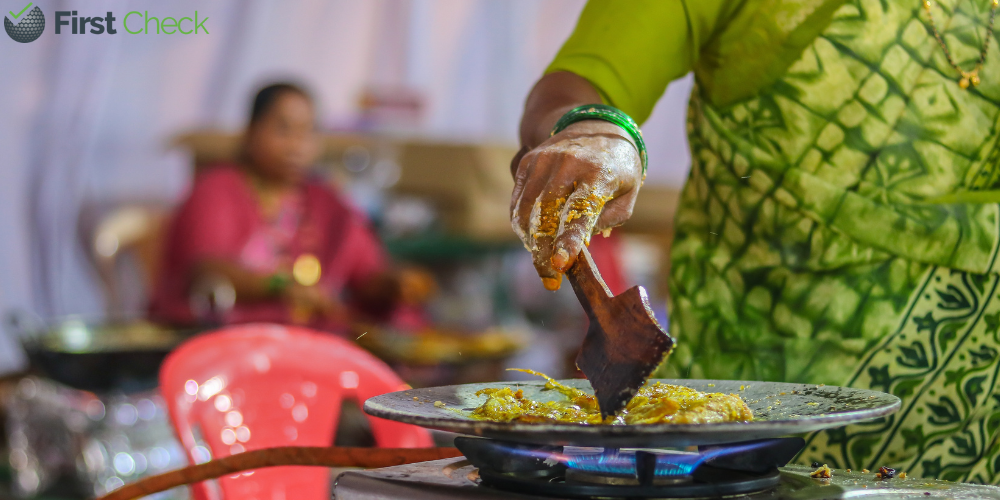Pakistan, Afghanistan a ‘perfect storm’ for polio spread: WHO
The WHO has raised alarms over a sharp increase in wild poliovirus cases in Pakistan and Afghanistan, urging urgent action to curb transmission in the last endemic strongholds
Author
Author
- admin / 5 months

- 0
- 2 min read

Author
The WHO has sounded the alarm over a sharp rise in wild poliovirus (WPV1) cases in Pakistan and Afghanistan, the world’s last endemic reservoirs, warning that geopolitical, infrastructural, and security challenges are fueling its spread. With cases surging by 283% in Afghanistan and 550% in Pakistan compared to 2023, the WHO has launched emergency measures to curb transmission, emphasizing that no challenge is insurmountable.
WHO has implemented emergency operational approaches in both countries to turn the tide on this trend. These include identifying the different operational reasons why children are not being reached, area by area; increasing co-administration of inactivated polio vaccine (IPV) alongside oral polio vaccine (OPV); boosting overall immunity levels in children; and, improving access to more adequate sanitation infrastructures.
According to WHO since the last Emergency Committee meeting, 51 new WPV1 cases were reported -17 from Afghanistan and 34 from Pakistan -bringing the total to 62 in 2024.
“This represents a 283% increase in paralytic cases in Afghanistan and a 550% increase in Pakistan compared to all of 2023,” the WHO said. “The number of WPV1 positive environmental samples in Pakistan in 2024 is 402 compared to 126 during all of 2023. The number of WPV1 positive environmental samples in Afghanistan in 2024 is 84 compared to 62 in all of 2023.”
WHO has noticed an upward trend of WPV1 detection in Pakistan since mid-2023, initially in the environmental samples and later also in paralytic polio cases, mostly from Khyber Pakhtunkhwa (KP), Sindh and Balochistan provinces.
In Afghanistan, there is increased WPV1 detection in the environmental samples and paralytic cases, mainly in the South Region since late 2023.
The WHO, however, noted that the most intense WPV1 transmission is in the southern cross border epidemiological corridor comprising Quetta Block of Pakistan and South Region of Afghanistan.
“Moreover, WPV1 transmission is seemingly re-establishing in historical core reservoirs of Karachi and Peshawar of Pakistan,” the global health body said.
Also read: UN agencies vaccinate over 187,000 children against polio in Gaza – First Check









